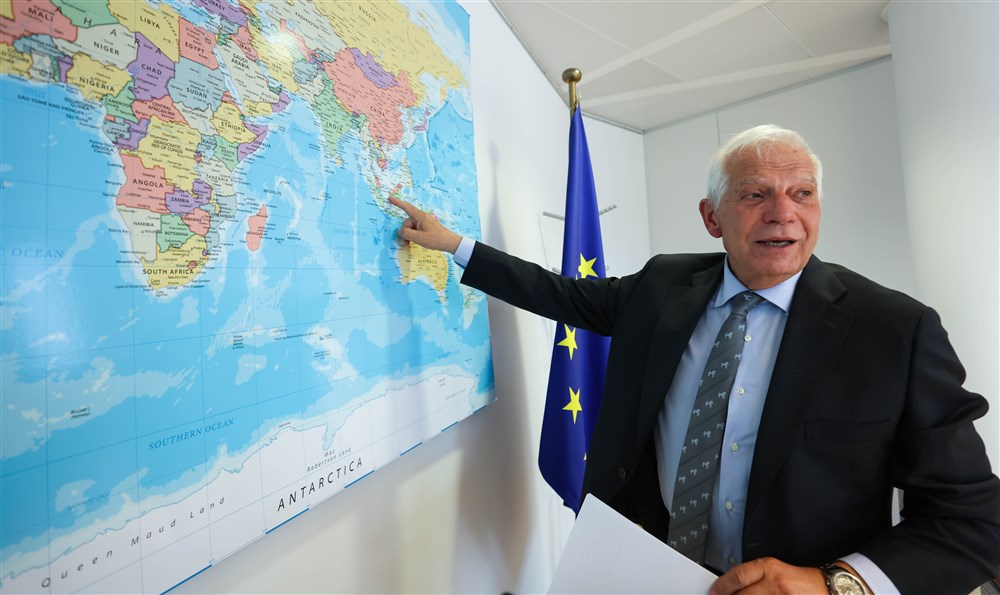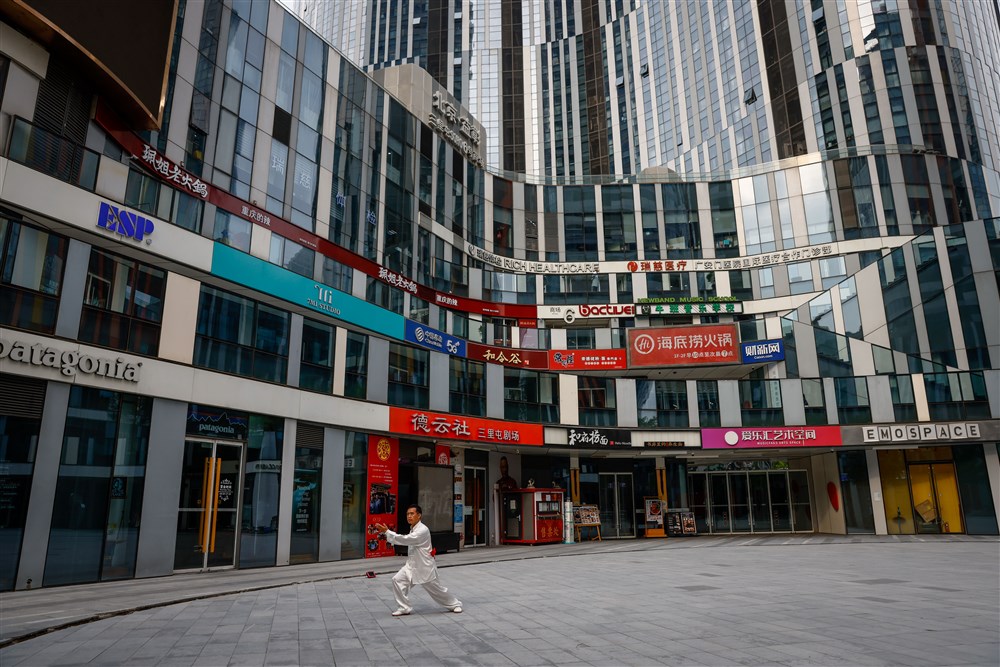A spy, according to the New Oxford American Dictionary, is “a person who secretly collects and reports information on the activities, movements and plans of an enemy or competitor”. According to this definition, espionage is probably the most commonly held profession in the Brussels EU ‘bubble’.
Lobbyists of all description gather industrial intelligence, sometimes by simply attending seminars and listening, which they then repurpose and resell to their grateful clients, both private and public sector.
Thousands of civil servants float in and out of Brussels, most under diplomatic cover, some on secondment from national capitals, doing pretty much the same. Foreign students (5,000-strong), translators and interpreters (more than a thousand), diplomats (more than 50,000 in Brussels alone), lecturers, NATO staff: they all move in the same circles.
Everyone is spying on everyone, and the only real difference is that there are “good” spies and “bad”: the latter work for hostile powers.
Fraser Cameron, an ex-British spy, former European Commission official and one of your correspondent’s lecturers at the College of Europe in Bruges back in the 1990s, was “outed” after a fashion in 2020: an unusual case in that the names of alleged spooks are seldom made public. Cameron was investigated by intelligence services in both the UK and Belgium as part of a “suspected influence-buying operation by China” and was labelled a “potential security risk”. He denied the accusations to the FT: they were “ludicrous”, “utter nonsense” and “without any foundation”.
EU institutions try to fend off spies. In 2009 the European Commission put out a memo – which was leaked – to staff to remain vigilant. “Real cases show that the threat of espionage against the Commission is increasing day by day,” the Commission’s security chief wrote. “We’re not only pointing the figure at journalists,” a spokeswoman added, “it could be the pretty trainee with the long legs and the blonde hair.”
Listening devices used to be the technology of choice. In 2003, four listening devices were discovered in the EU Council of Ministers building, where European leaders were meeting. The European Economic and Social Committee, a largely unknown EU institution, had its premises swept for listening devices in 2010 after its Chinese interlocutors appeared a little too well informed about internal discussions (top officials then worried that the security company doing the sweep might have actually planted listening devices).
A supposedly secure conversation between Finland’s foreign minister and the EU’s top diplomat (Catherine Ashton at the time) about a report that provocateurs were behind Maidan killings in Ukraine was recorded in high quality and released onto the internet in 2014.
Technology is now frighteningly powerful and the European Public Prosecutor’s Office, according to a story in today’s Euractiv, has launched an investigation into the use of illegal ‘Predator’ spyware in a wiretapping scandal that has shaken Greek politics. Russia, meanwhile, is trying to rebuild its spy network after a series of diplomatic expulsions, reports Politico.
Given the war fever that permeates Brussels, it is a fair bet that spies of all flavours have never been as active are they are today.





Is Macron just being a Gaullist?